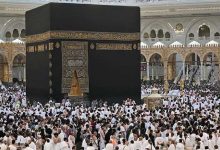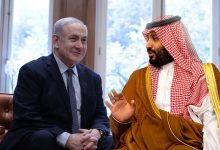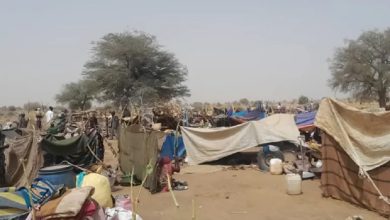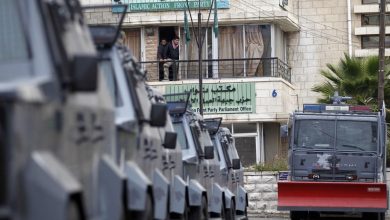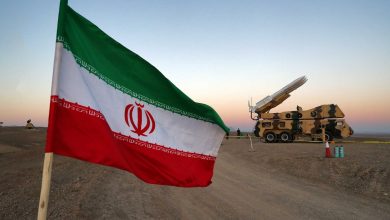The Saudi Catastrophe: Unveiling Mohammed bin Salman’s Alignment with the Zionist Trench
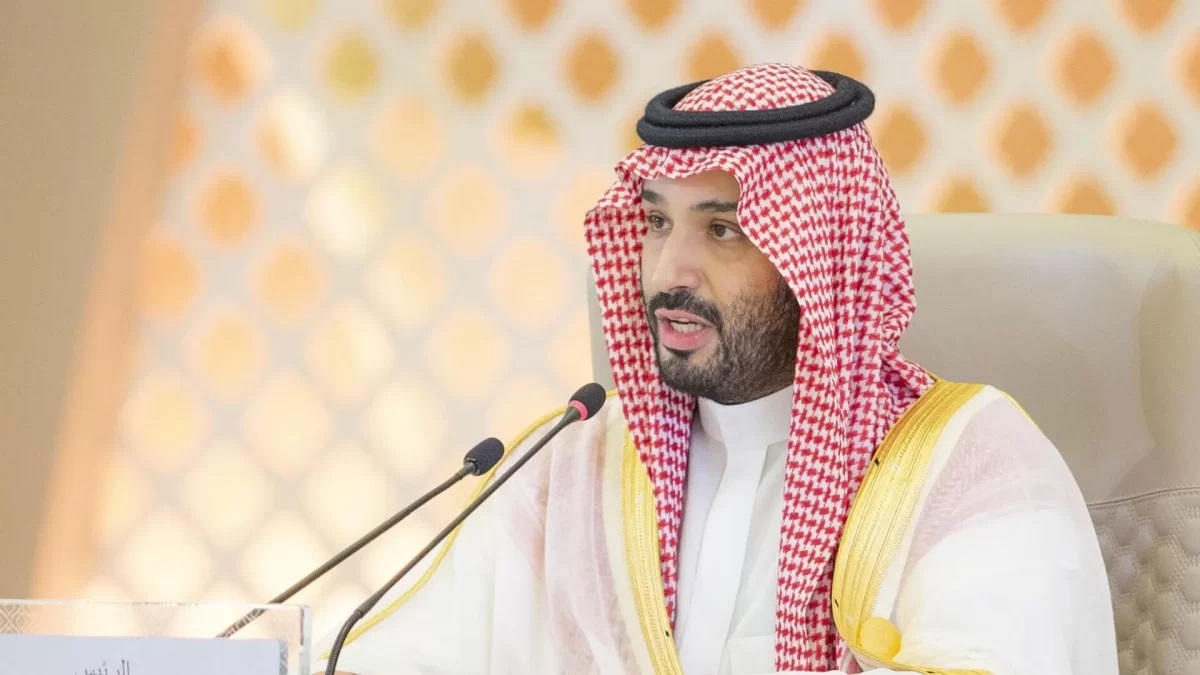
Watan-The author Nasser Al-Arabi published an article in the Saudi opposition newspaper “Sawt Al-Nas” affiliated with the “Saudi National Assembly,” titled “The Saudi Catastrophe.” In this article, he sheds light on the Kingdom’s policies and the Crown Prince Prince Mohammed bin Salman’s stance regarding the current developments in Gaza and the region.
In his article, which was read by (Watan), the writer pointed out that the current political situation in Saudi Arabia is a loss of ethics after the rise of Salman bin Abdulaziz and his son Mohammed to power, “which turned the state from a center of gravity and decision into a country devoid of freedoms and ethics.”
The article mentions that Saudi Arabia used to allow a margin of freedom to talk about Palestine and openly condemn crimes committed against the Palestinians. Perhaps Palestine was the only window of freedom for Saudis to express their anger and discontent.

Saudi Arabia in a Different World!
However, the Kingdom finds itself in a different world today, especially after October 7th, when most of the world’s populations began expressing solidarity with Gaza. Subsequently, several Western and Arab countries joined in condemning the Zionist war, according to the writer.
As a new chapter of direct ethnic cleansing begins, the Saudi Crown Prince, Prince Mohammed bin Salman’s government showed complete disregard for what was happening. In the first week of the brutal war, bin Salman attended a festival for electronic games. Then followed a series of singing and theatrical festivals that were met with local and regional disdain.
The writer, Nasser Al-Arabi, highlighted the stance of the Egyptian actor Mohamed Salam, who refused to attend and engage in dancing and laughter during what is called the Riyadh Season while Gaza was undergoing suffering.
Mohammed bin Salman in the Zionist Trench
The writer observed that it was evident that Mohammed bin Salman had aligned himself in the Zionist trench, especially after hosting the recent investment conference in the second week of the massacre.
After the mentioned conference, semi-official media outlets associated with Mohammed bin Salman launched a campaign expressing solidarity with the Zionists and condemning the people of Gaza.
The writer also pointed out that despite the world’s condemnation, encompassing all peoples, colors, and races, of the occupier, including the Jewish diaspora in America, the Saudi alignment in the Zionist trench did not cease. This was especially notable after Mohammed bin Salman declared a “Festival for Dogs,” which, as per the writer, was not a joke but a painful reality.
Nasser Al-Arabi asserts in his article in the opposition Saudi newspaper “Sawt Al-Nas” that the hate speech emanating from the Kingdom against the Palestinians and endorsed by the Zionists is not a passing phase but deeply rooted in authoritarian regimes.
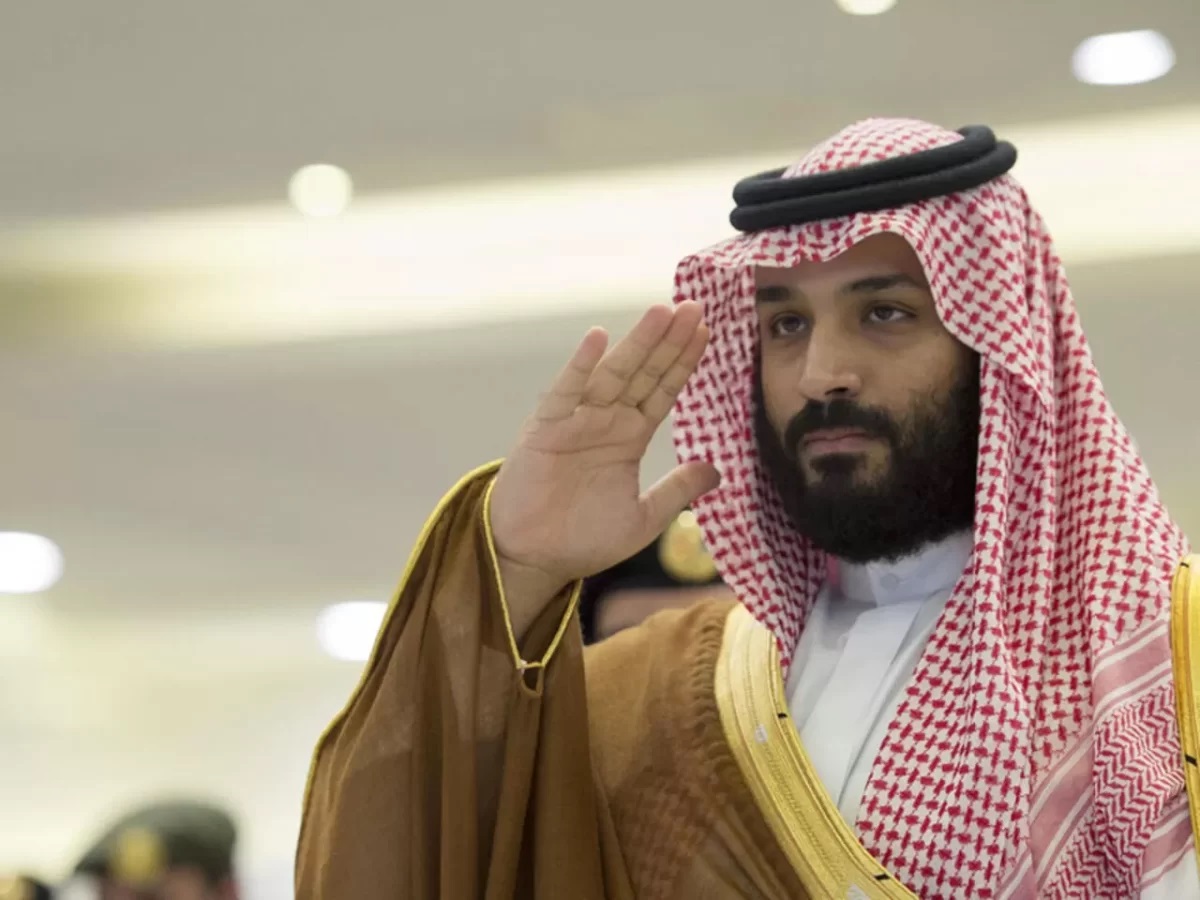
The writer explains that the superiority espoused by Saudi authorities on every occasion is part of these discourses. Mohammed bin Salman, he notes, begins his regional and Arab speeches by thanking countries for their financial support, imagining that the source of power is solely money.
Al-Arabi concludes, “While it is true that Saudi Arabia’s oil power has its weight in regional conflicts, it should not be exercised in such a crude manner.”
Nasser Al-Arabi asserts in his article in the opposition Saudi newspaper “Sawt Al-Nas” that the hate speech emanating from the Kingdom against the Palestinians, endorsed by the Zionists, is not a passing phase but deeply rooted in authoritarian regimes.
The writer explains that the superiority espoused by Saudi authorities on every occasion is part of these discourses. Mohammed bin Salman, he notes, begins his regional and Arab speeches by thanking countries for their financial support, imagining that the source of power is solely money.
Al-Arabi concludes, “While it is true that Saudi Arabia’s oil power has its weight in regional conflicts, it should not be exercised in such a crude manner.”
Gaza: Mohammed bin Salman’s Greatest Defeat
Al-Arabi concludes his article by stating that Mohammed bin Salman’s biggest defeat is not in Yemen but in the victory of Gaza, shifting the balance of power in occupied Palestine.
This defeat is evident in the failure of the normalization project, especially the Saudi normalization with the Zionist occupier. Mohammed bin Salman hoped for swift normalization before the end of Biden’s term to gain benefits from the United States.
The Crown Prince’s hope was to secure, in exchange for normalization, American security protection for Saudi Arabia and supervision of the Saudi nuclear project by the United States, according to the writer.
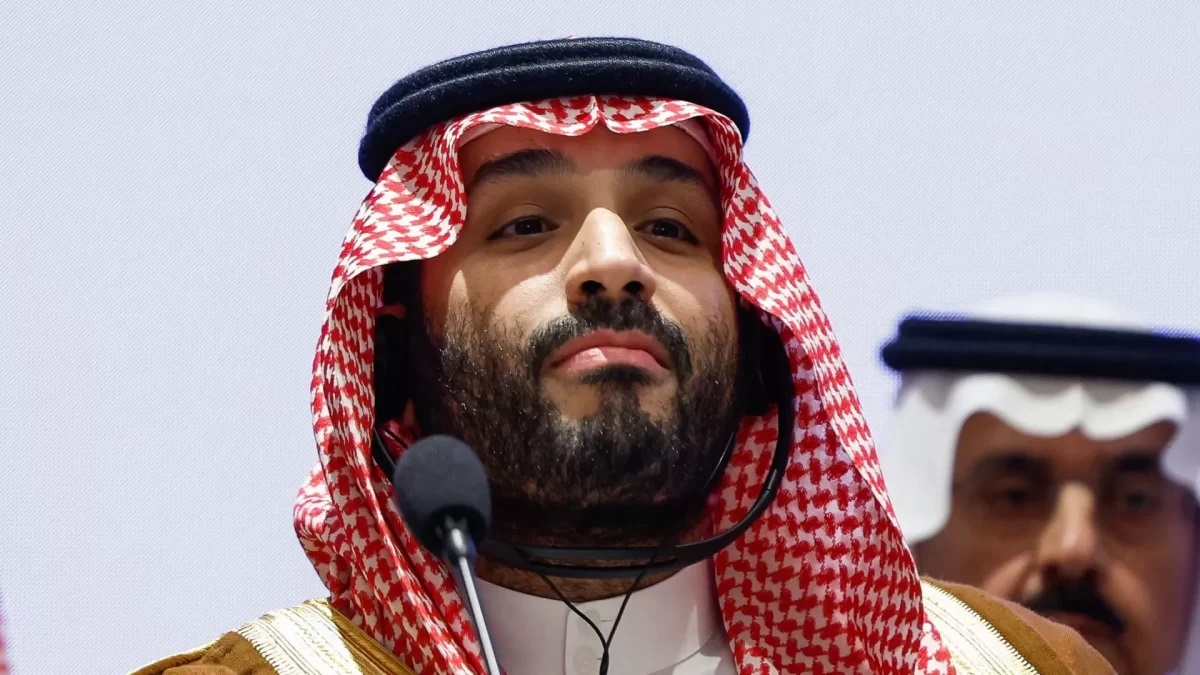
A Major Saudi Catastrophe!
Mohammed bin Salman is only considering personal reconciliation without regard for national and regional interests, according to Al-Arabi.
The writer emphasizes that even expressing sympathy for Gaza is restricted in the Kingdom, citing numerous arrests in the holy places for merely praying for Palestine or wearing the kufiya.
Al-Arabi sees Saudi Arabia today in a “major catastrophe,” more ethical than political. While politics involves maneuvering, ethics are built on courage, a sense of dignity, and humanity.
In conclusion, the writer questions Saudi policies, asking, “Is it conceivable to have a strategic decision to ally with an internationally and regionally isolated occupying state, classified as a racist state and stained with countless violations of international law?”

